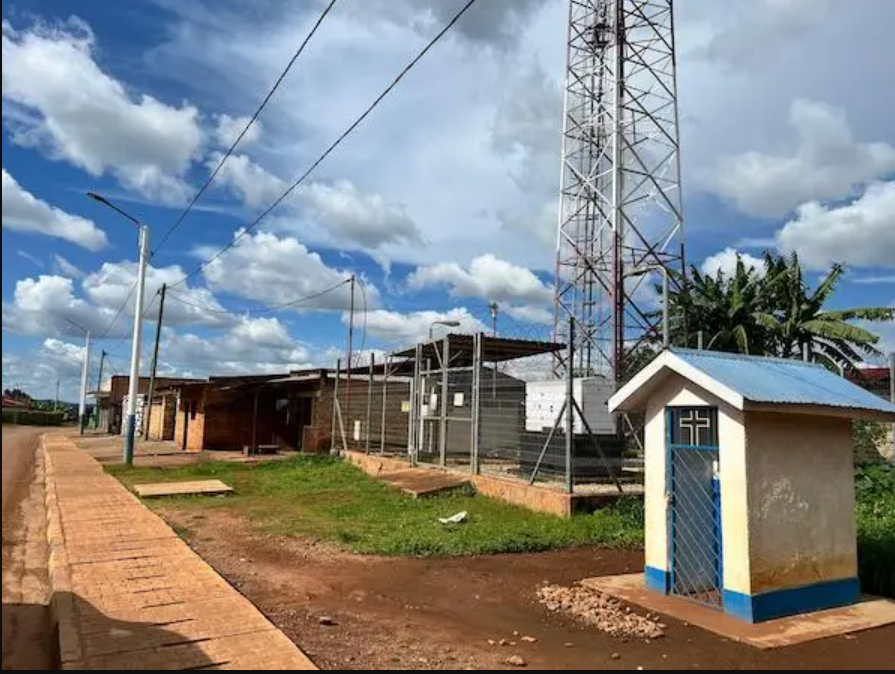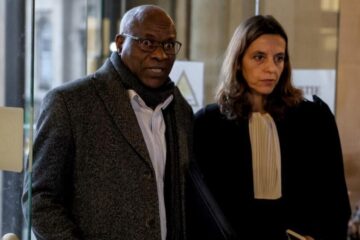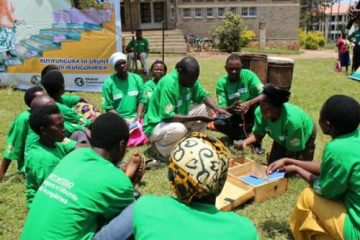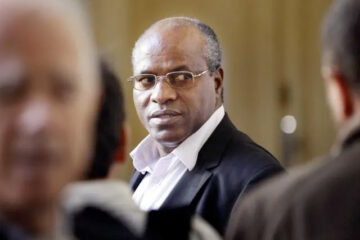The appeal trial of Dr. Sosthène Munyemana continued this week in Paris, with harrowing testimonies from survivors recounting the genocide against the Tutsi in southern Rwanda. Witnesses described how Munyemana, a physician once regarded as a respected figure in Tumba, allegedly used his influence and authority to facilitate mass killings.
Witness 1, who grew up in Tumba, recounted how the first days of the genocide forced his family into hiding as militias launched attacks across the region. His father and brothers were arrested during a raid and taken, along with neighbors, to Munyemana’s home. According to the witness, Munyemana personally intervened, ordering their temporary release under the pretense of safety. That same night, they were all killed.
The witness described seeing Munyemana at checkpoints where Tutsi were separated from Hutu and later executed. He testified that Munyemana opened the sector office in Tumba, where fleeing Tutsi were herded inside. From there, groups were taken to mass graves in Karanganwa and near Damascène’s home. The witness recalled narrowly escaping execution after being led to one of these sites.
Witness 2, originally from Gisagara, gave a parallel account of survival. He lost nearly his entire family during the genocide. After escaping attacks in Butare, where he saw his aunt and sister raped and later killed under orders from government officials, he attempted to find refuge with relatives in Tumba. Instead, he was arrested at a barrier near Munyemana’s house.
He testified that Munyemana was summoned to unlock the sector office, where he and many others were locked inside. Hours later, Munyemana allegedly returned and ordered their execution. Men and women were separated, tied, and led to a nearby pit. The witness survived only by collapsing unnoticed and fleeing into the forest despite a broken arm.
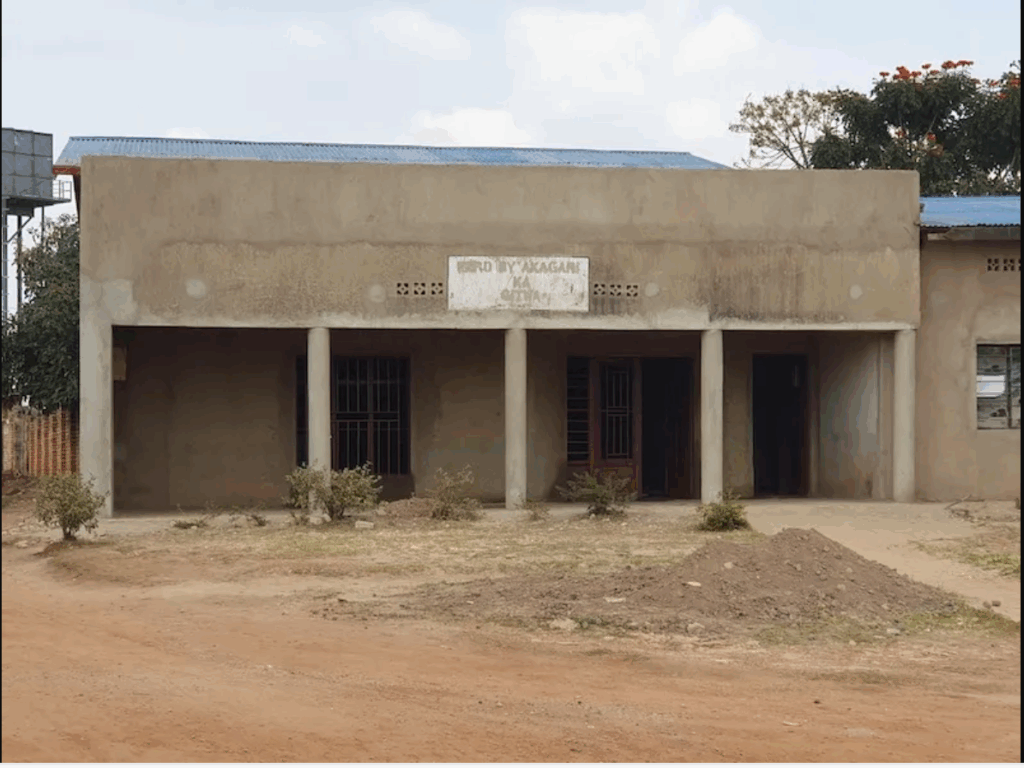
Both witnesses emphasized that the sector office was not a place of protection, as many had hoped, but rather a holding site for Tutsi awaiting execution. They described Munyemana as holding the keys, literally and figuratively, to life and death in Tumba. Survivors also recalled him participating in meetings with local leaders to plan the massacres, with lists of victims systematically tracked.
For Witness 1, the atrocities culminated in the discovery of his father’s body in a mass grave. Witness 2, who was only 14 at the time, was left to raise his younger sister alone. Today, he says the deepest wound remains the silence when his children ask what happened to their grandparents.
The testimonies portray a grim portrait of betrayal, where a man once entrusted with saving lives is accused of orchestrating their destruction.


